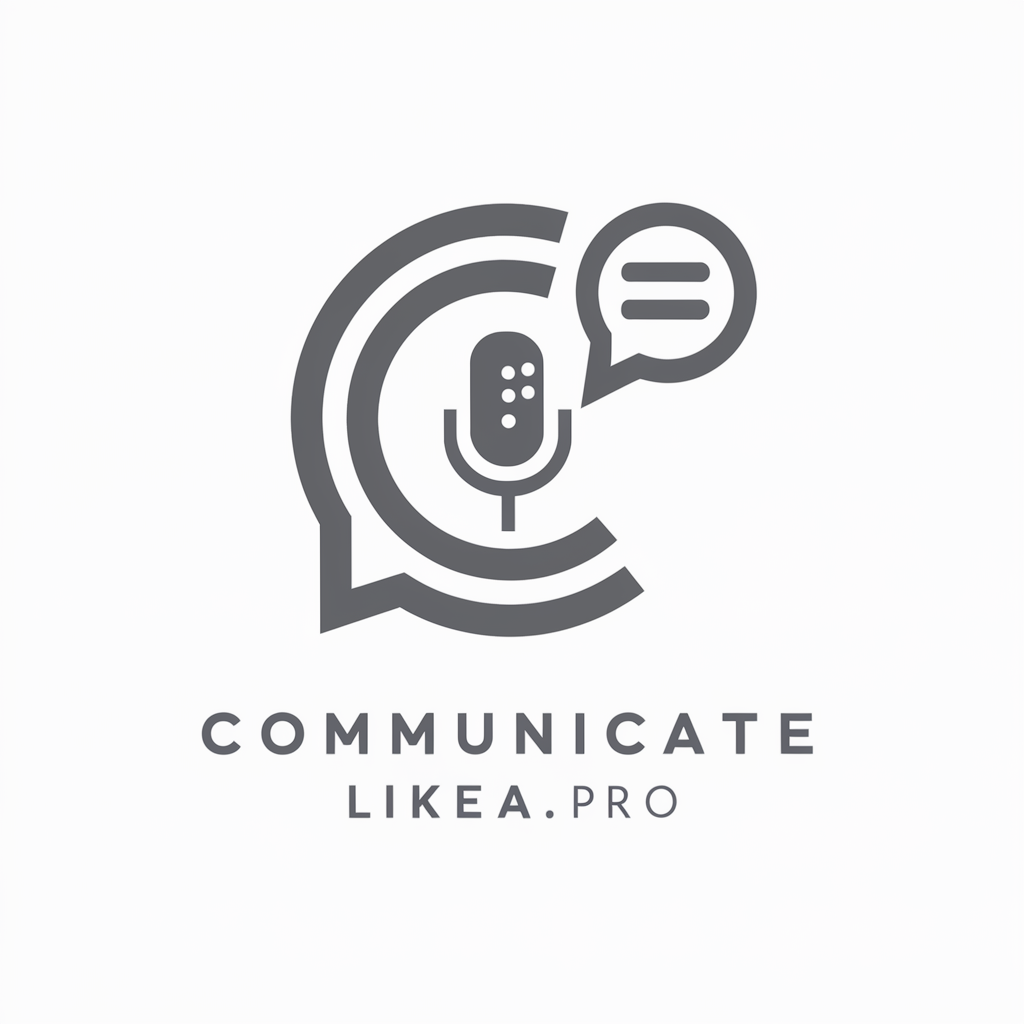"Go Heavens Ms.Yakamoto, you're beautiful!" or "Yeah, science!"

The Science of Language Acquisition: Revolutionizing How We Learn Languages
In today's world, the ability to communicate in multiple languages is more valuable than ever. But for many of us, the process of learning a new language can seem daunting and frustrating. Is there a better way? According to Dr. Jeff McQuillan, an expert in second language acquisition, there is. Let's look into the science behind effective language learning and discover how we can optimize our approach.
The Two Paths to Language Proficiency
Dr. McQuillan identifies two distinct processes in language learning:
- Conscious Learning: This is what we typically associate with traditional language education - memorizing vocabulary, studying grammar rules, and completing exercises.
- Unconscious Acquisition: This is the natural process by which we internalize language through exposure and comprehension.
"You should be focusing on acquisition." - Dr. Jeff McQuillan
While both processes play a role, research shows that unconscious acquisition is far more critical for developing true language proficiency.
The Power of Comprehensible Input
At the heart of effective language acquisition is the concept known as "comprehensible input." This refers to language exposure that is just slightly above our current level of understanding.
How it works:
- We encounter language in a context we can mostly understand (ideally 95-98% comprehensible).
- Our brain naturally works to fill in the gaps, decoding new words and structures.
- Through repeated exposure, we gradually internalize these new elements.
This process mirrors how we learned our native language as children - not through explicit instruction, but through constant exposure to meaningful communication.
Rethinking Grammar and Vocabulary
Traditional language learning often emphasizes memorizing grammar rules and vocabulary lists. However, Dr. McQuillan argues that this approach is far less effective than we've been led to believe.
Grammar:
- Explicit grammar study has limited practical benefit.
- Most learners struggle to apply memorized rules in real-time communication.
- Grammar is best acquired implicitly through exposure to the language in use.
Vocabulary:
- Words are acquired "incidentally and incrementally" through context.
- Each exposure to a word in different contexts adds to our understanding.
- Flashcards and rote memorization are less efficient than reading and listening for vocabulary growth.
"Vocabulary is acquired incidentally and incrementally." - Dr. Jeff McQuillan
Practical Tips for Effective Language Learning
Based on these insights, here are some actionable steps to improve your language learning:
- Prioritize comprehensible input: Seek out materials that you can mostly understand, but that still challenge you slightly.
- Focus on meaning, not form: Engage with content for its message, not to analyze its grammar.
- Read and listen extensively: Expose yourself to large quantities of the language through books, podcasts, TV shows, etc.
- Choose engaging content: The more interested you are in the material, the more effectively you'll acquire the language.
- Be patient: Language acquisition is a gradual process. Trust that your brain is working even when progress isn't immediately apparent.
- Lower your expectations: Don't expect instant results. As Dr. McQuillan advises, "Lower your expectations and be realistic about the time required for language acquisition."
Conclusion
By understanding the science of language acquisition, we can shift our approach from conscious, often frustrating study to a more natural, enjoyable process of discovery. Remember, you acquired your first language effortlessly as a child - your brain still has that capacity. By providing it with the right input and being patient with the process, you can tap into that natural ability and achieve true fluency in your target language.
So put down those flashcards, close that grammar textbook, and instead, immerse yourself in the living, breathing language. Your brain will thank you, and before long, you'll find yourself communicating with a fluency you never thought possible.
Happy language learning!
